 projectc190
4 months ago
projectc190
4 months ago
"the way to get over creative block is to simply place some constraints on yourself." -austin kleon
 mouseling
4 months ago
mouseling
4 months ago
As annoying as it can be, the MS Paint that comes with Windows 7/10 is particularly nice if you go from colour mode to black x white mode (in Properties). The palette is replaced with different dither patterns! Counterintuitively, it's best enjoyed with a mouse and not a tablet.
 hylas
4 months ago
hylas
4 months ago
your sketches are fantastic :)) and i didn't know what an oekaki board was that's so cool!
 iwillneverbehappy
6 months ago
iwillneverbehappy
6 months ago
Thank you for the kind words. Coincidentally, I was looking through your site yesterday. Love the new(ish) layout. Sometimes I wish you uploaded more thoughts; I always liked the cryptic tone of your writing.
 teethinvitro
6 months ago
teethinvitro
6 months ago
Thank you. I had a thought text file prepared a few months ago but I felt stupid about it and never uploaded it. I might put it up if I polish it.
 sorbier
6 months ago
sorbier
6 months ago
one of my favourite quotes, from emerson: “I cannot remember the books I've read any more than the meals I have eaten; even so, they have made me.”
 ashavedbear
6 months ago
ashavedbear
6 months ago
I think it is the emotional messages and lessons of the writing that reigns paramount, however I do not think that dissuades the importance of the intricacies of said writing. The fine details matter just as much as the big picture, as there is no big picture without fine details. Over time, the details fade until only the impression remains, so, too, does the impression fade and distort. I would consider it -
 ashavedbear
6 months ago
ashavedbear
6 months ago
worthwhile to preserve the details for as long as is reasonable and to reaffirm them when suffiecent degradation has taken place.
 iwillneverbehappy
6 months ago
iwillneverbehappy
6 months ago
@ashavedbear, you make a good point & and beautiful image. I think I focused so much on impression because it can outlive the details many times over. But you're right, that details precede the impression.
 nweznui
5 months ago
nweznui
5 months ago
loved the article. i used to have that odd expectation too, to think that the books i read for pleasure i should expect myself to have an encyclopedic recall of. but it's not a competition. finding a passage that strikes you, that upon recall enables you to more succinctly communicate a life experience or sudden expansion of worldview, is what makes reading so worthwhile. your last line wraps it up well, as does the
 icandoanything
6 months ago
icandoanything
6 months ago
great minds think alike... thats exactly what made me click your account... Two sides of the same coin fates are infinite


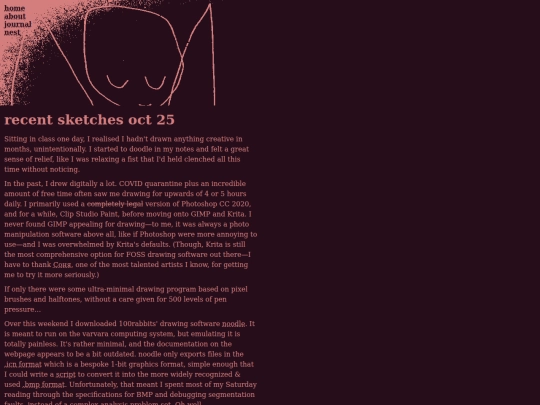
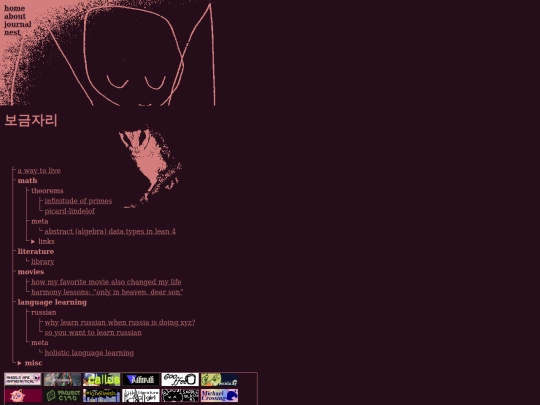
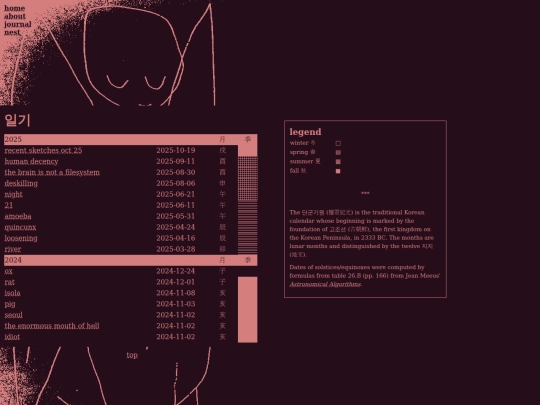


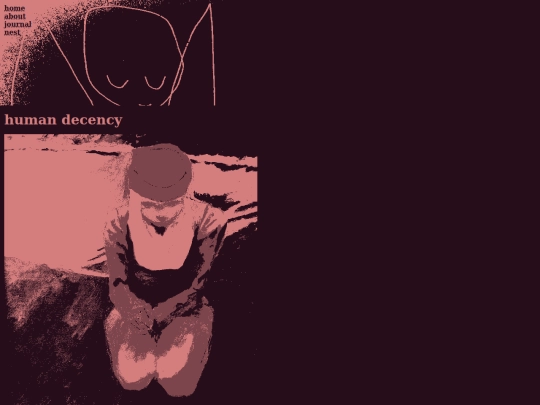
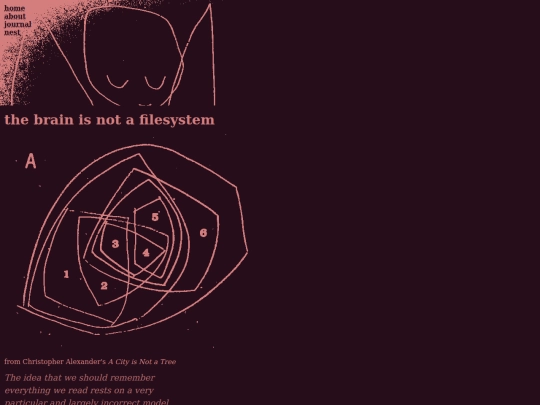











































































































































































this is so nice tysm <3